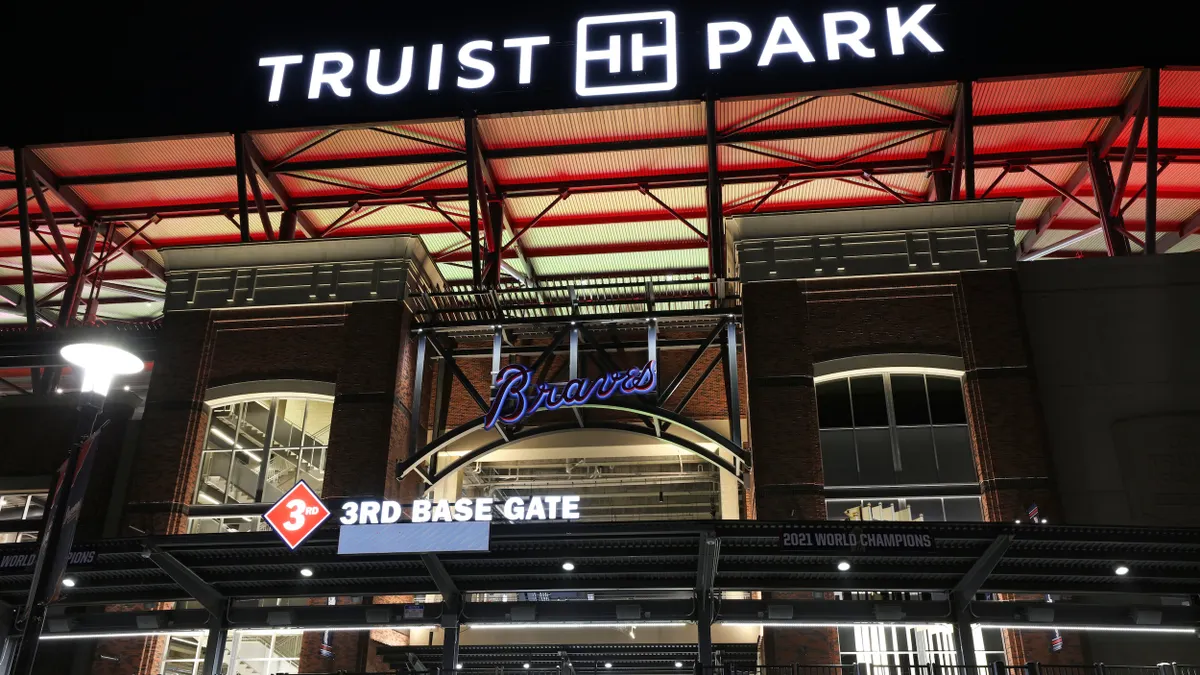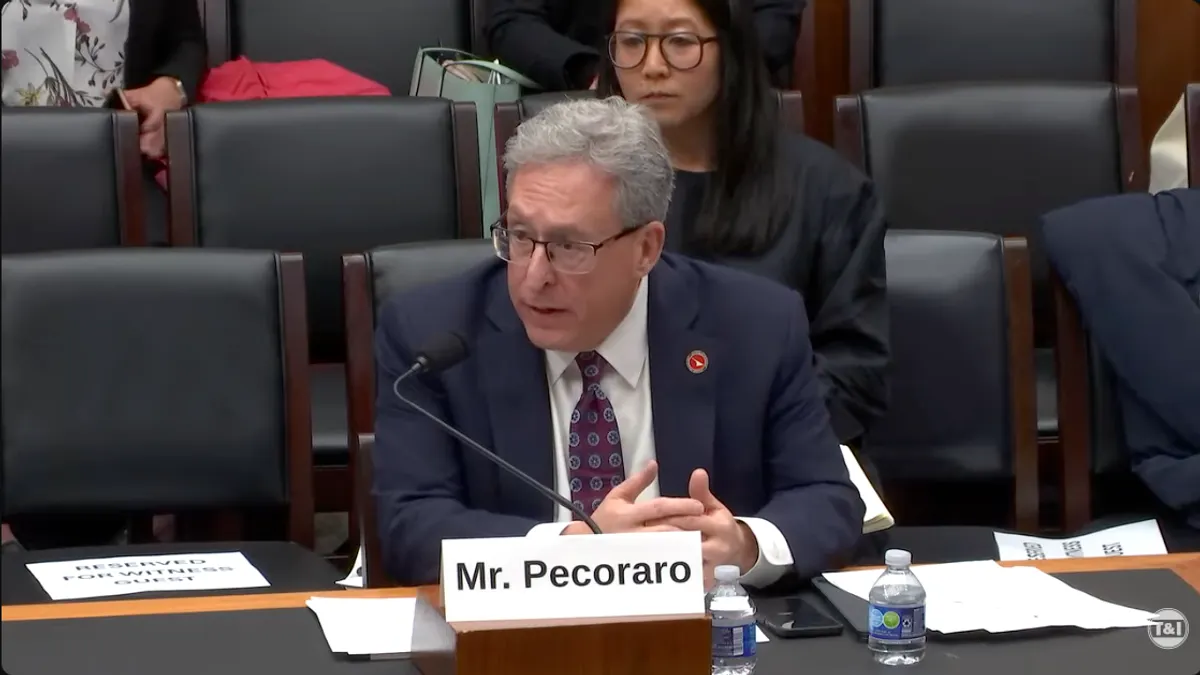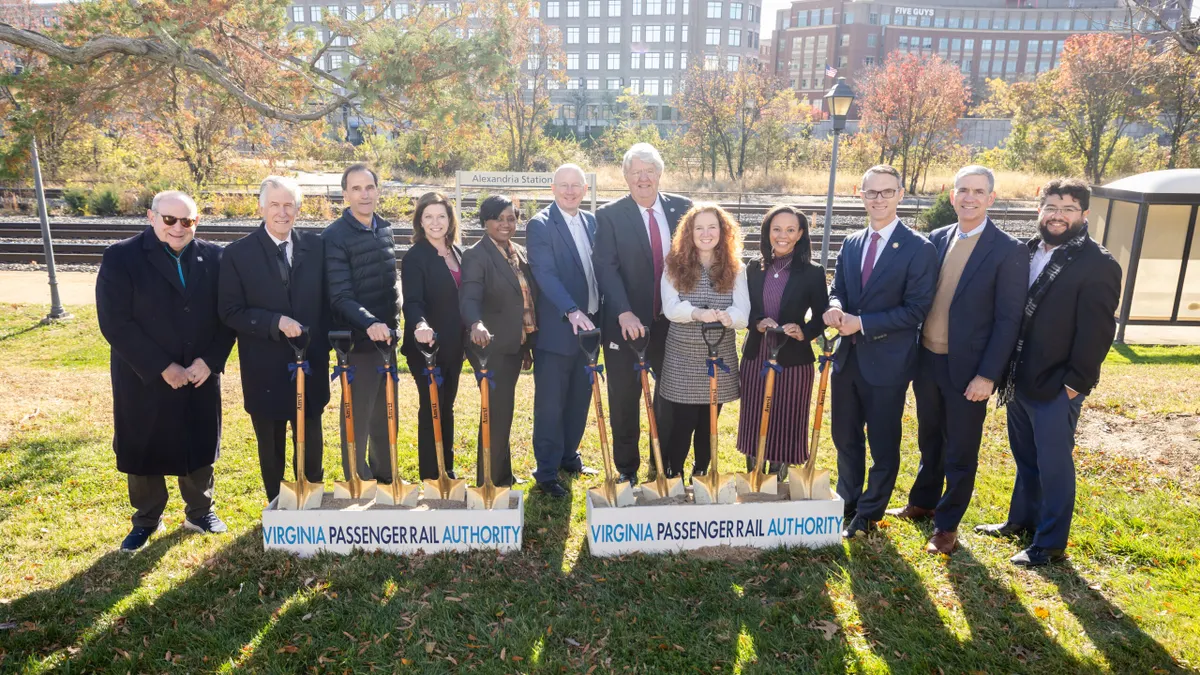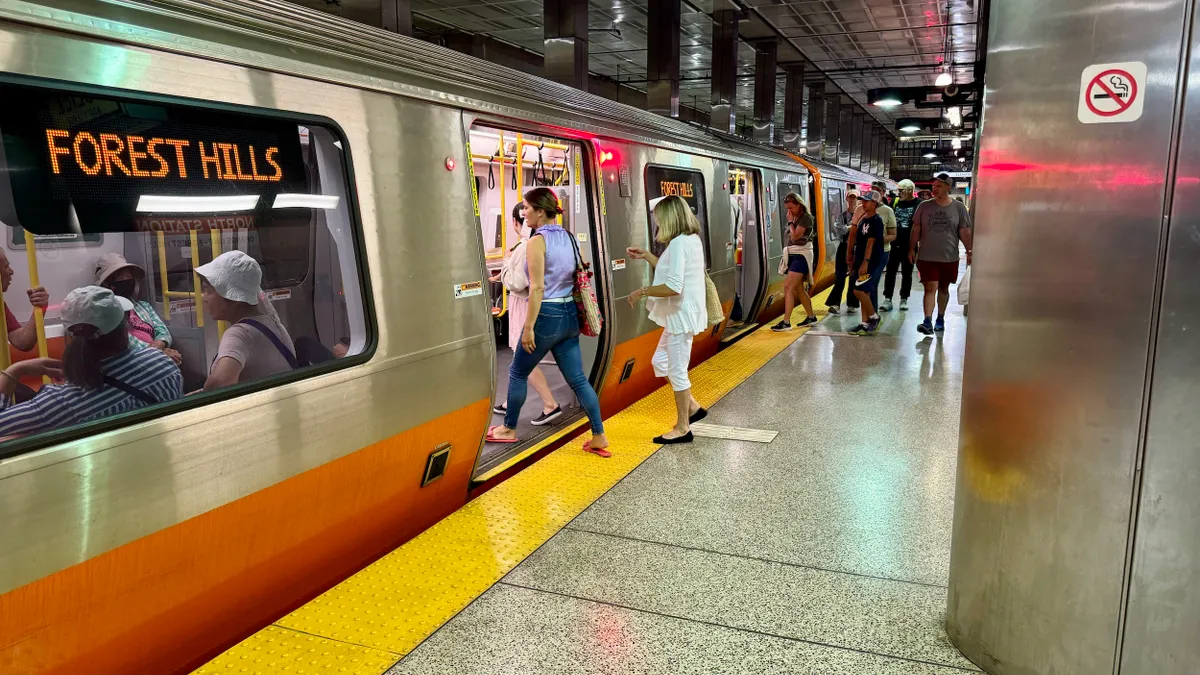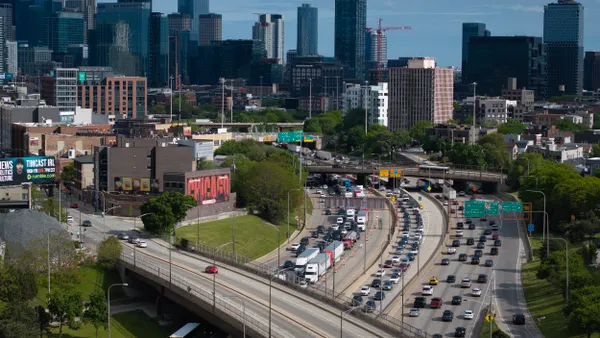The UK Supreme Court's recent ruling that Uber drivers are to be treated as workers, rather than independent contractors, could have consequences for the wider gig economy, experts say — though ride-hailing companies and their supporters dispute that.
The Justices' unanimous decision found Uber drivers have a right to a minimum wage and other worker protections, including a right to receive pay while deadheading (or driving without passengers between rides). The Justices also found that drivers' tasks are "very tightly defined and controlled by Uber," which requires a worker designation.
"From the drivers' point of view, the same factors — in particular, the inability to offer a distinctive service or to set their own prices and Uber’s control over all aspects of their interaction with passengers — mean that they have little or no ability to improve their economic position through professional or entrepreneurial skill," Lord Leggatt wrote in the judgement.
The case's claimants, a group of Uber drivers who first brought the case to an employment tribunal six years ago, said the ruling could bring more protections for ride-hailing drivers.
"This ruling will fundamentally re-order the gig economy and bring an end to rife exploitation of workers by means of algorithmic and contract trickery," co-lead claimant James Farrar said in a statement released by the App Drivers & Couriers Union (ADCU). "Uber drivers are cruelly sold a false dream of endless flexibility and entrepreneurial freedom."
Uber wrote in a blog post that it would launch a "nationwide consultation to seek the views of all active drivers who use our app in the UK." The company said it has made "significant changes" to its business, guided by drivers who it said want to retain the flexibility of independent contractor status. Uber did not respond to requests for further comment.
Similar legal challenges in the United States have found that Uber has enough control over its drivers to qualify as their employer, including in a decision by the New York Supreme Court, Appellate Division, Third Judicial Department. Labor leaders say the decisions in the U.S. and UK show the tide is turning against what they call the ride-hailing companies' exploitative business model.
"It is imperative that policymakers in the U.S., in Europe, and across the globe realize that companies like Uber, Lyft, and DoorDash are bad actors — they have no intention of ever acknowledging workers' rights," Greg Regan, president of the 33-union Transportation Trades Department, AFL-CIO (TTD), said in an email. "It is up to leaders at every level of government to hold the ride-hailing industry accountable and make sure companies like Uber and Lyft abide by existing law and court rulings like this one."
There have also been rumblings of challenges in other countries that may be just around the corner. In an interview with The Australian Financial Review, Sheryn Omeri, an Australian barrister who represented the drivers in the UK case, said it could bring forth similar cases in Australia as courts weigh the same debate.
The ruling comes on the heels of two developments in the U.S. that ride-hailing companies are considering as wins: In California, voters passed Proposition 22 to create a separate classification in labor law for delivery and ride-hailing drivers as independent contractors, then saw it survive a lawsuit in the California Supreme Court.
The Protect App-Based Drivers and Services (PADS) Coalition, which supported Prop 22, touted a new study from the Pacific Research Institute that found more than two-thirds of gig economy workers are satisfied with their working conditions, the flexibility of their schedules and their income. A PADS spokesperson did not respond to requests for comment on the UK ruling.
Harry Campbell, founder of blog The Rideshare Guy and author of The Rideshare Guide, noted that Uber has long tangled with regulators in the UK. The company received a ban on operating in London in 2019 and only won back its license to operate in the city last September.
Campbell said the Supreme Court decision could have global impacts, especially if people in labor-friendly countries or regions see fit to take up similar cases. But Uber will fight back, he said, as it has against regulations in New York City and Seattle, the only two U.S. cities so far to regulate ride-hailing.
"The company is staunchly opposed to classifying their drivers as workers or employees, and regardless of whether people think that's right or wrong, Uber feels that it would be an existential threat to its business model," Campbell said. "So it wouldn't surprise me if they even went as far as pulling out of the UK market entirely to avoid having to classify drivers as workers."
There are signs that the federal government may be starting to revise its views on the gig economy. The U.S. Department of Labor (DOL) last week withdrew an opinion letter it issued in 2019, which found that some workers who are employed by companies that operate through smartphone apps are not covered by the federal Fair Labor Standards Act (FLSA).
In a statement, DOL said it has proposed delaying the effective date of a final rule on independent contractor status under the FLSA, so withdrew the letter as it reviews that final rule.








